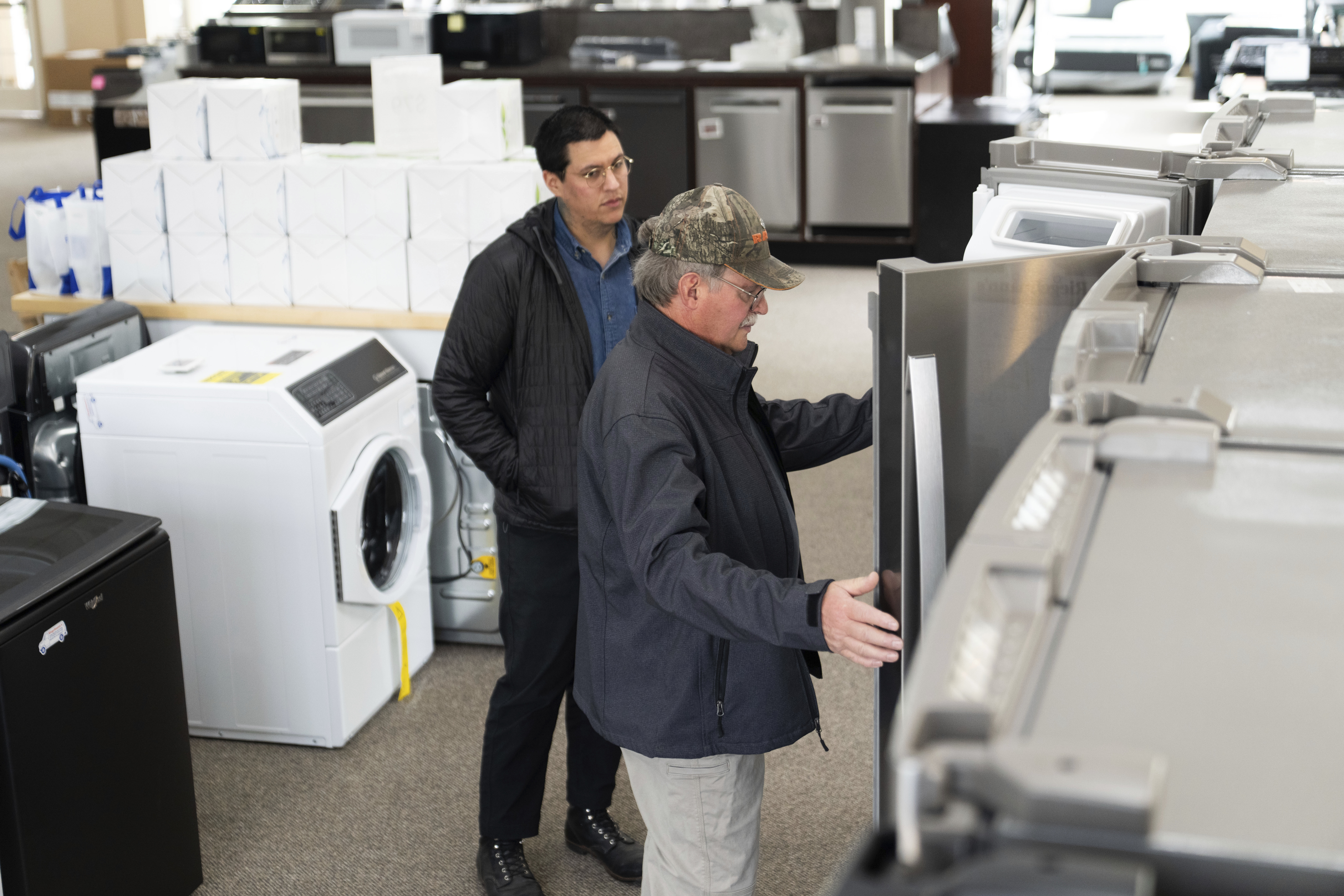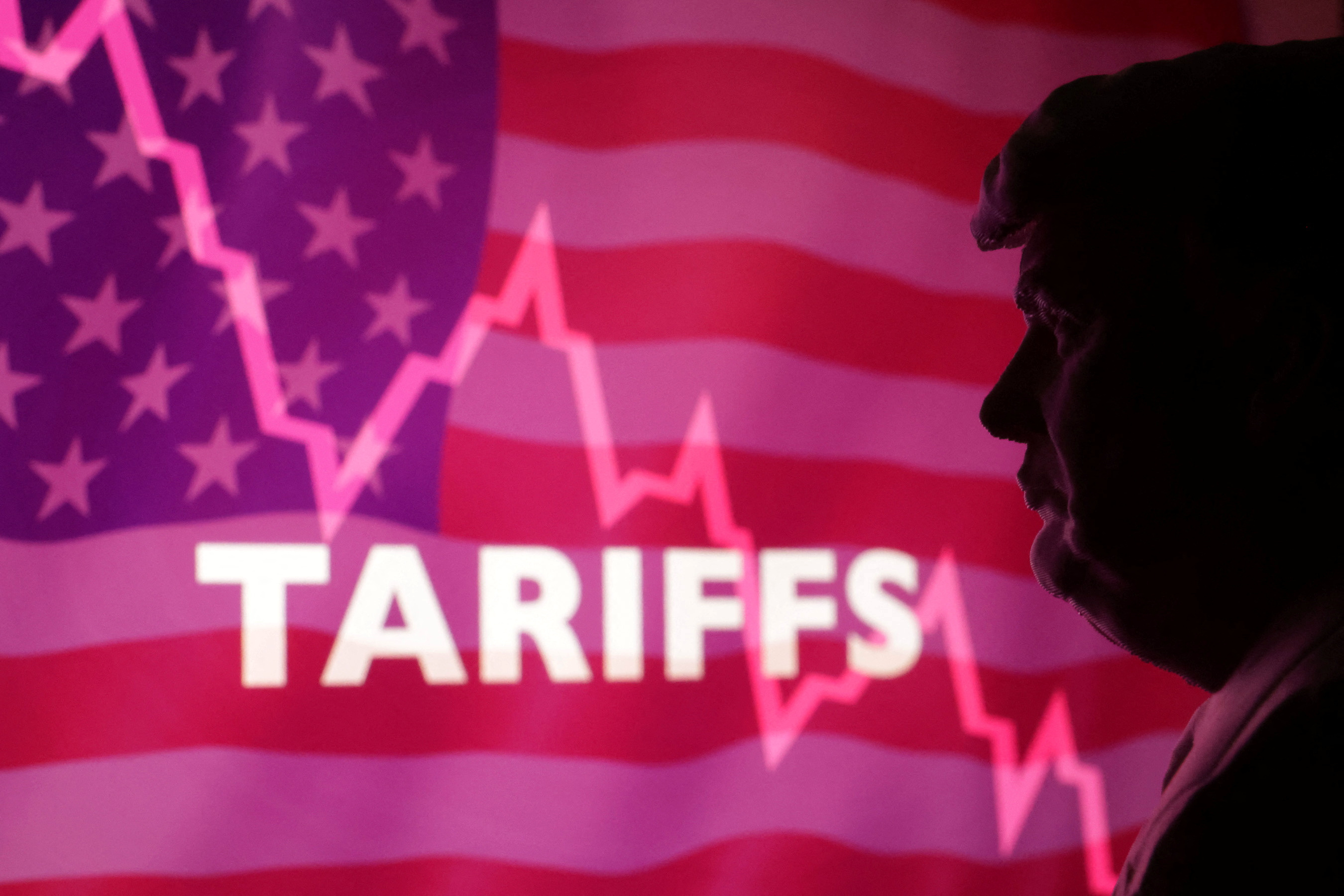Elon Musk has labelled President Donald Trump's top trade adviser, Peter Navarro, a "moron" and "dumber than a sack of bricks," highlighting divisions within the Republican administration over tariffs.
Musk's reaction on Tuesday came a day after Navarro claimed that Musk, who owns electric car company Tesla, is "not a car manufacturer — he's a car assembler."
"If you go to his Texas plant, a good part of the engines that he gets (which in the EV case are the batteries) come from Japan and come from China," Navarro said.
"The electronics come from Taiwan... what we want — and the difference is in our thinking and Elon's on this — is that we want the tires made in Akron. We want the transmissions made in Indianapolis. We want the engines made in Flint and Saginaw. And we want the cars manufactured here."
"Navarro is truly a moron. What he says here is demonstrably false," Musk responded.

The billionaire Trump adviser, who has been dismantling federal agencies through the Department of Government Efficiency (DOGE), added that "Tesla has the most American-made cars. Navarro is dumber than a sack of bricks."
The world's richest man recently backed a free-trade zone between North America and Europe — a wish at odds with Trump's flagship tariffs.
The US president has ruled out any pause in his aggressive stance despite retaliatory action from China and signs of criticism from within his Republican Party.
The Navarro-Musk feud highlights growing public tensions as Trump remains firm on tariffs.
On Sunday billionaire Trump backer Bill Ackman wrote on social media that the tariffs would cause an "economic nuclear winter" and asked the president to pause them.
Prominent Trump supporters, including Barstool Sports founder Dave Portnoy and podcast host Joe Rogan, have expressed similar concerns about the tariffs.




















